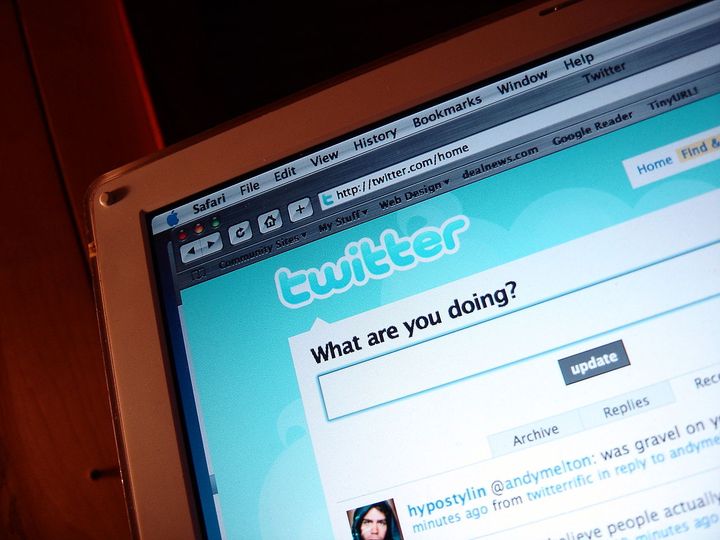
How long should a tweet last? We compose them in seconds, but sometimes the consequences come back to haunt us. Just ask Justine Sacco. She made (what she considered) a single joke before climbing on to a plane from New York to Cape Town, South Africa. The tweet was deemed so offensive by many that she lost her job in public relations shortly after she landed.
Sacco is just one example of people who lost their jobs over (as Pink Floyd might call it) momentary lapses of reason. The problem is so prevalent that ex-journalist Steve Ladurantaye (now working at Twitter) once posted his personal rules of using Twitter. His first: "You are one tweet away from being fired." His second: "Be positive. Be nice. Don’t argue with people."
Twitter is especially tricky for those who work in the public eye, such as journalists and politicians. If one of them makes a slip of the fingers, it begs the question: how should they correct it? Some people are advocates of deleting the tweets. Others leave the information online, but seek to correct them. And this debate recently blew up due to actions by Twitter itself.
In late August, Twitter blocked 31 accounts associated with the Open State Foundation, a group that used these accounts to archive deleted tweets by politicians. This came after Twitter blocked Politwoops US, which had a similar service for US politicians.
Two quotes in The Guardian show the polarization. On Twitter's side: "Honouring the expectation of user privacy for all accounts is a priority for us, whether the user is anonymous or a member of Congress." From OSF: "What politicians say in public should be available to anyone. This is not about typos, but it is a unique insight on how messages from elected politicians can change without notice."
The Verge pointed out that Twitter was being contradictory. The organization that was once hailed as a catalyst in the Arab Spring movement is now deleting tweets, raising questions about who it serves. Moreover, Twitter has even offered a service recently allowing select users access to all tweets for data-gathering projects, The Verge said.
What is your solution to improving free speech? Let us know by launching a HeroX challenge.
Top image: Wikimedia Commons








